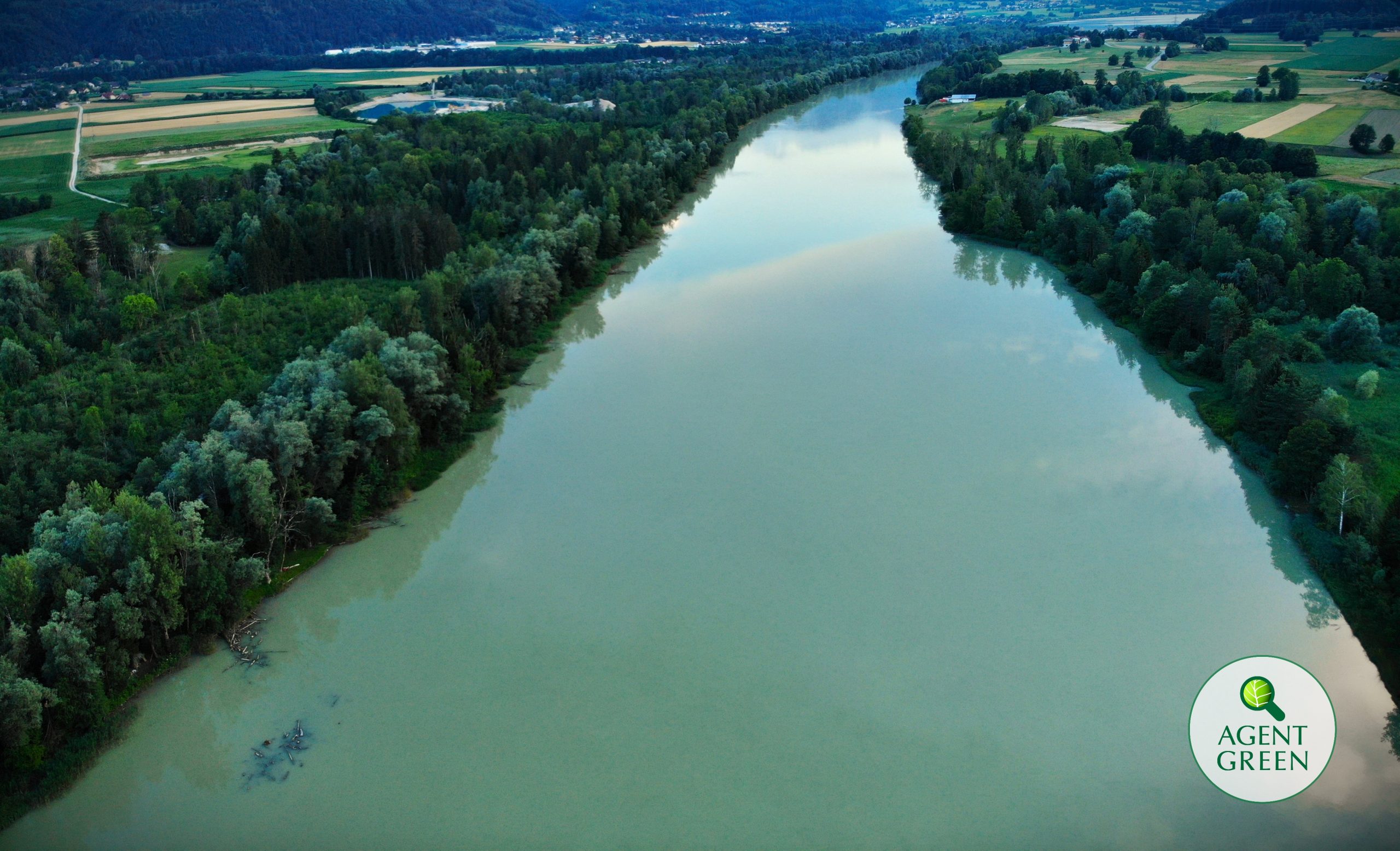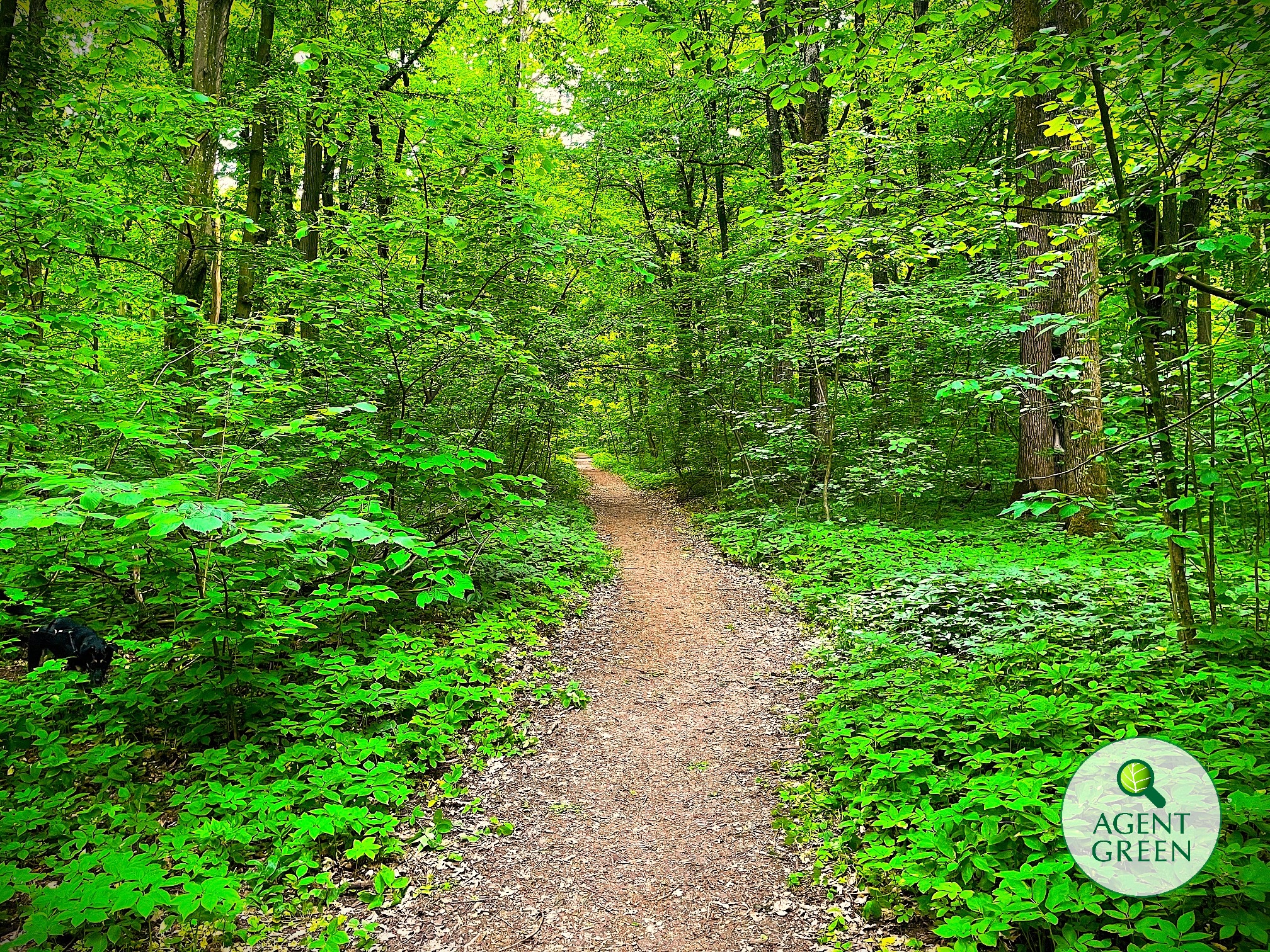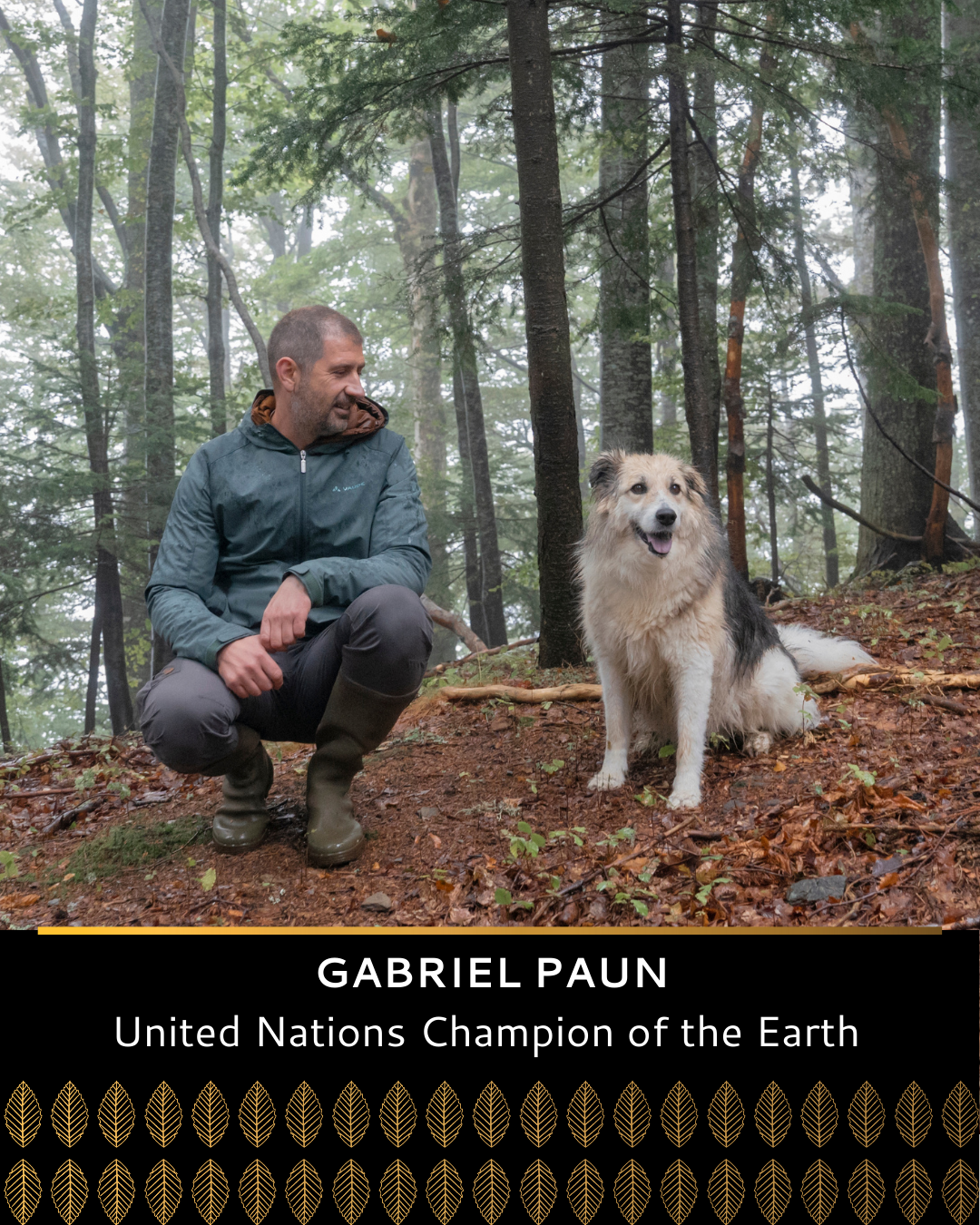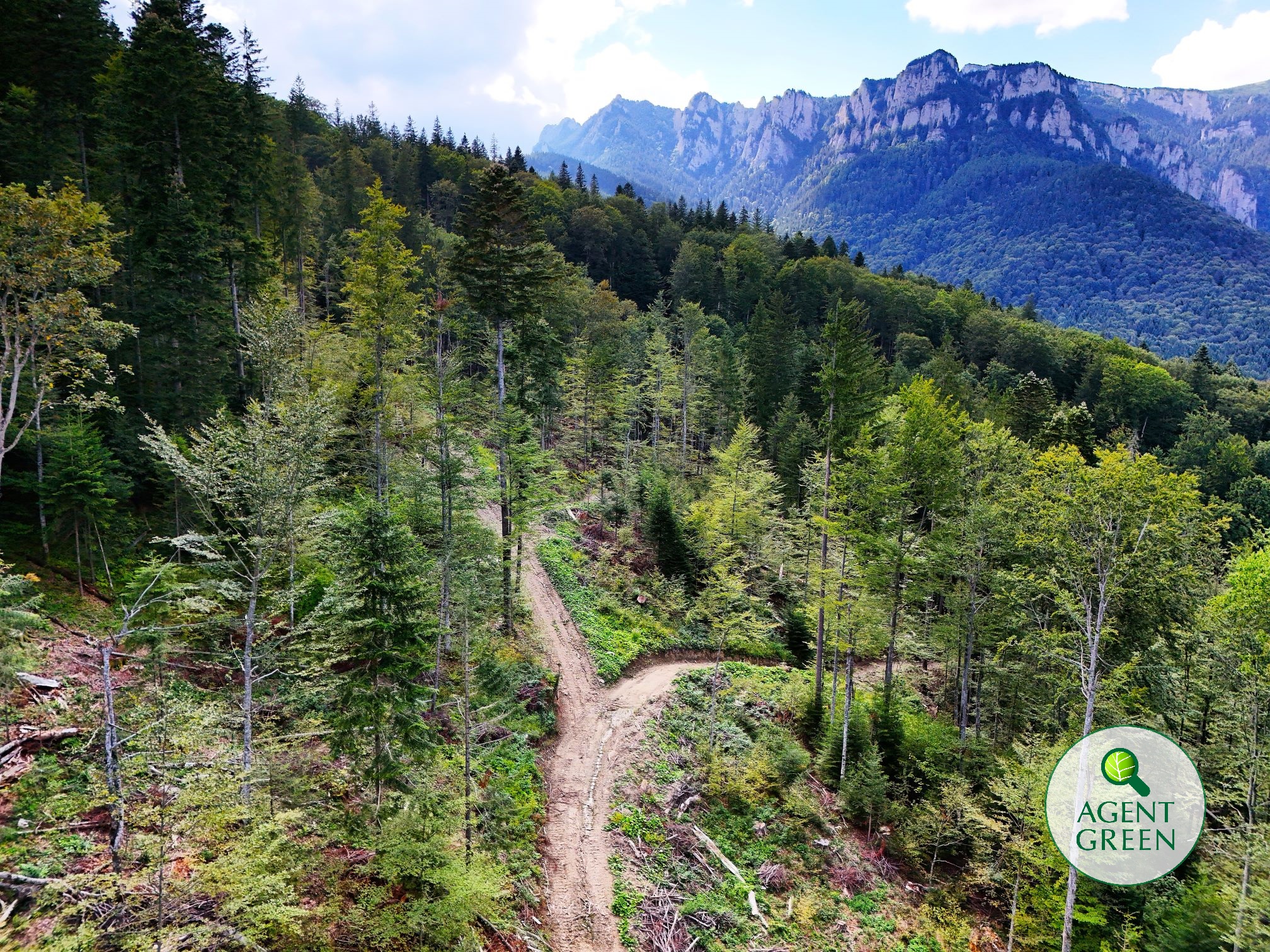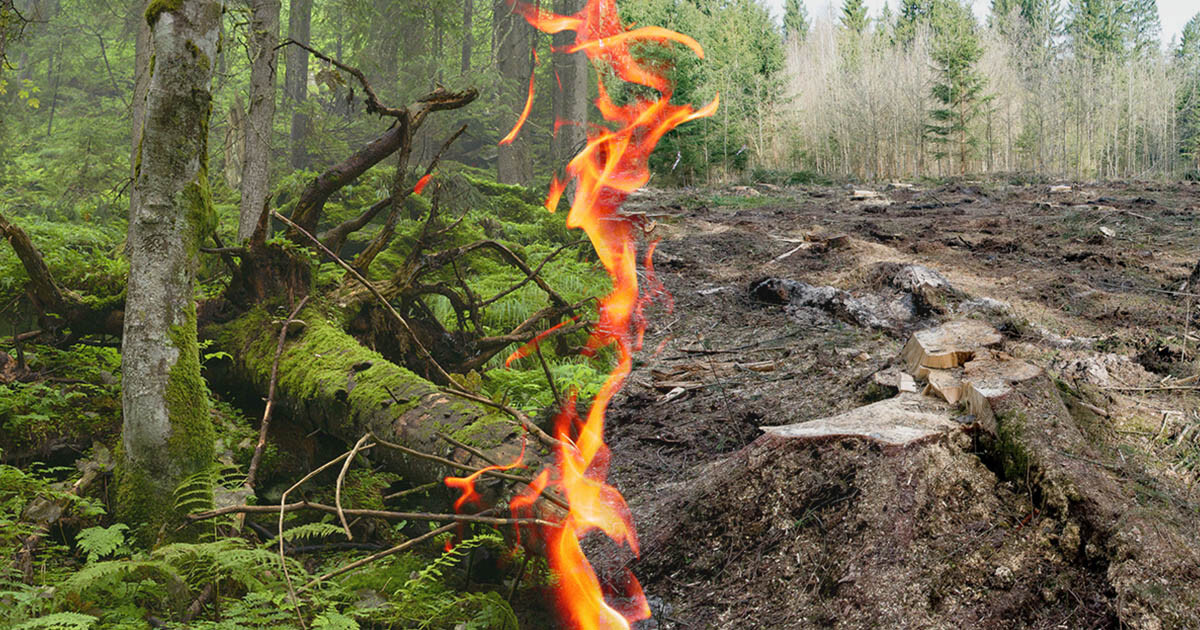
Open Letter to EU President Ursula von der Leyen
World Leaders Summit on Climate – forests must be protected, not burned for energy
April 21st 2021
To: EU Commission President Ursula von der Leyen
Copied to: Joe Biden, President of the United States of America
Mette Frederiksen, Prime Minister of Denmark
Charles Michel, President of the European Council
Emmanuel Macron, President of France
Angela Merkel, Chancellor of Germany
Mario Draghi, Prime Minister of Italy
Andrzej Duda, President of Poland
Pedro Sánchez, Prime Minister of Spain
Dear President von der Leyen,
We, the signatories of this letter from across the European Union, welcome US President Biden’s
Leaders Summit on Climate initiative (April 22 and 23), in which you will participate together with
the President of the European Council and Prime Ministers and Presidents of several EU Member
States.
The EU has made progress over the last years in designing and implementing measures to mitigate
climate change and to achieve the Paris Agreement targets. With this summit, the EU has a unique
opportunity to encourage other countries to also step up their actions against climate change. The
Climate Summit can also be an important step to identify and agree on joint efforts.
However, while it is essential to shift from fossil fuels to renewable energy sources, the EU is on a
perilous path with regard to the role of bioenergy and the future of forests. We are deeply concerned
that the European Commission still includes the burning of forest biomass as ‘renewable’ energy in
its Renewable Energy Directive (REDII).
As the European Commission’s own Joint Research Centre (JRC) has warned, burning forest
biomass is not carbon neutral because burning emits carbon instantaneously, while forests need
decades, if not centuries to regrow to offset emissions. In order to reduce greenhouse gas emission
levels in line with the Paris Agreement, it is essential that we drastically reduce emissions whilst
simultaneously massively increasing the uptake of carbon in the land sector, particularly in our
forests. Harvesting and burning forest biomass produces additional CO2 instead of reducing it and
damages the EU’s much-degraded forests even further, undermining forest carbon stocks and
damaging ecosystems in contravention of the goals of the EU’s Biodiversity Strategy.
The impacts of the EU REDII are also visible overseas, as forests are logged and turned into pellets
that are burned in European power plants. Adding to the injury, wood burning is a major source of
air pollution that already kills hundreds of thousands of EU citizens every year [1]. Perversely, member states allocate billions of euro in subsidies every year to support the conversion of forests to fuel.
The January 2021 JRC report2 concluded that only one out of the 24 scenarios of the use of forest
biomass they evaluated poses a relatively low risk to biodiversity and the climate, and even then,
this one scenario would mean emissions could be higher than fossil fuels for as long as the next
twenty years. A number of other scientific reports come to the same conclusion: burning forest
biomass increases emissions compared to fossil fuels, while intensive harvesting for wood pellets
and chips leaves forests bare of the biodiversity the EU wishes to protect. We therefore call on
you to reform the EU’s renewable energy policy by excluding forest biomass from counting
towards the EU’s renewables target,3 thus removing a main driver for forest destruction. This
simple measure would benefit forest ecosystems across the EU and in North America, as well as
other biomass-supplying countries like Russia and Ukraine, and do more to align the EU’s climate
achievements on paper with what the atmosphere actually sees.
The cheapest and most effective climate solution is to let forests grow older and to reduce logging
altogether. Natural forests that are allowed to age act like a carbon bank, while burning forest
biomass for energy effectively turns forests into the “new coal.”
We fully support the “Do No Harm” principle embedded in the European Green Deal. Burning
forest biomass is inconsistent with this principle and does harm – to forest biodiversity, to human
health and to the climate. It is time for policy cohesion between the EU’s biodiversity and climate
commitments and goals. We urge you to use the opportunity of this summit to end the use of forest
biomass as a source of fuel in the EU and to encourage other leaders to do the same.
Sincerely,
Agent Green Association, Gabriel Păun, President, Romania
ROBIN WOOD, Jana Ballenthien, Forest Campaigner, Germany
Protect the Forest, Lina Burnelius, Project Leader and International Coordinator, Sweden
Fern, Hannah Mowat, Campaigns Coordinator, Brussels
Partnership for Policy Integrity, Luke Chamberlain, EU Policy Director, Austria
NABU, Leif Miller, Managing Director, Germany
Fridays For Future Sweden, Anton Foley, Sweden
Sámiid Riikkasearvi, representing 44 indigenous communities, Åsa Larsson Blind, Chair,
Sweden
Canopée Forêts Vivantes, Bruno Doucet, French forests Campaign Manager, France
Association Workshop for All Beings, Radosław Ślusarczyk, Poland
Comité Schone Lucht, Fenna Swart, Chairwoman, The Netherlands
Mobilisation for the Environment, Johan Vollenbroek, Chairman, The Netherlands
Leefmilieu, Maarten Visschers, Board Member, The Netherlands
Foundation for Sustainable Development (Fundacja EkoRozwoju), Piotr Tyszko-Chmielowiec,
Project Leader, Poland
Camia, A., et al. 2021. The use of woody biomass for energy production in the EU, EUR 30548 EN. A version that highlights some 2
of the key results is here https://forestdefenders.eu/wp-content/uploads/2021/01/JRC-biomass-report-markup.pdf . A civil society
summary of the report is here https://forestdefenders.eu/wp-content/uploads/2021/03/JRC-study-biomass-study-overview_final.pdf
“Secondary” woody biomass, which is sourced from residues of wood products manufacturing and post-consumer wood, can 3
continue to be used for renewable energy, but it should be constrained to biomass that can not be recycled into material products.
This is compatible with the recommendation in the Biodiversity Strategy.
Corporate Europe Observatory, Martin Pigeon, Researcher & Campaigner, Belgium & The
Netherlands
EuroNatur Foundation, Gabriel Schwaderer, Executive Director, Germany
Earth Thrive, Zoe Lujic, Executive Director, UK/Serbia
ZERO – Association for the Sustainability of the Earth System, Francisco Ferreira, President of
the Board, Portugal
Wild Europe, Toby Aykroyd, Coordinator, Belgium
Modrzew Association – Civic Monitoring of Trees (Stowarzyszenie MODrzew – Monitoring
Obywatelski Drzew), Marzena Błaszczyk, Emilia Mielewczyk, Łukasz Sołtys, Board Members,
Poland
NOAH-Friends of the Earth, Bente Hessellund Andersen, Mads Kjærgaard Lange, Tobias
Jespersen, Campaign against bioenergy, Denmark
Federation Against Biomass Powerplants, Marloes Spaander, Co-founder, Netherlands
EDSP ECO, Jeroen Spaander, Board Member, Netherlands
SOS Forêt France, Régis Lindeperg, coordinator, France
Forum Ökologie & Papier, Evelyn Schönheit, Environmental Scientist, Germany
WOLF Forest Protection Movement, Juraj Lukáč, chief, Slovakia
Rådet for Grøn Omstilling/Green Transition Denmark, Annika Lund Gade, policy officer,
Denmark
Klimabevægelsen / 350 Denmark, Thomas Meinert Larsen, policy advisor, Denmark
Arnhems Peil Foundation, Ronald Schout, Board Member, Netherlands
Towarzystwo na rzecz Ziemi, Piotr Rymarowicz, President, Poland
Bomenstichting Achterhoek, Marjan Houpt, Board Member, The Netherlands
Landelijk Netwerk Bossen- en Bomenbescherming, Joke Volkers, initiator, The Netherlands.
Stichting De Woudreus, Mieke Vodegel-Versteeg, Board Member, The Netherlands
MăEduc.ro Association, Andreea Leonte, President, Romania
Polish Ecological Club Pomeranian Region, Jadwiga Kopeć, Coordinator, Poland
Global Action Plan Polska Foundation, Zdzisław S.Nitak, President, Poland
Stowarzyszenie Okolica, Małgorzata Grabowska-Snarska, President, Poland
Fundacja Dzika Polska, Dawid Kaźmierczak, Chairman of the Board, Poland
Save Estonia`s Forests, Liina Steinberg, Member of Board, Estonia
Baltic Environmental Forum, Žymantas Morkvėnas, Lithuania
Inicjatywa Dzikie Karpaty, Augustyn Mikos, Poland
European Wilderness Society, Max A. E. Rossberg, Chairman, Austria
Asociația Mai bine, Dr. Anca Elena Chirilă Gheorghică, Romania
Natural Forest Academy, Torsten Welle, Dr., Head of Science and Research, Germany
Asociația Platforma Reset, Daniela Mitrofan, President, Romania
Friends of Fertő lake, Zoltan Kun, Secretary of the Association, Hungary
Zero Waste Romania, Elena Rastei, Vice-president, Romania
Wohllebens Forest Academy, Tobias Wohlleben, CEO, Germany
Nature and Youth Sweden, Leo Rudberg, Chairperson, Sweden
Klimataktion, Pia Björstrand, Spokesperson, Sweden
Skiftet, Robin Zachari, Executive Director, Sweden
PUSH Sweden, Robin Holmberg, Chairperson, Sweden.
Swedish Society for Nature Conservation (SSNC) Västernorrland, Björn Abelsson, Chairman,
Sweden
The Climate Parliament, Jonas Bane, Chairperson, Sweden
Nätverket Stoppa Preemraff, Kajsa Falk, Sweden
Amazon Watch Sweden, Alex Brekke, Secretary General, Sweden
Swedish Lichen Society, Martin Westberg, President, Sweden
Friends of the Earth Sweden, Mikael Sundström, Chairman, Sweden
Stowarzyszenie Ekologiczno-Kulturalne “Wspólna ZIemia”, Radosław Sawicki, Poland
Biofuelwatch, Almuth Ernsting,UK
Instytut Spraw Obywatelskich INSPRO, Piotr Skubisz, Poland
Fundacja Rozwój TAK – Odkrywki NIE, Kuba Gogolewski, Board Member, Poland
Earth Strike/Strajk dla Ziemi – Łódź, Poland
Foundation Szkatułka, Daria Schmidt, Warsaw, Poland
ClientEarth, Brian Rohan, Head of Climate and Forests, UK/International
Forest Aid, Martin Luiga, International Coordinator, Estonia
Knights of the Trees/Bomenridders Groningen, Jan Pieter Janse, The Netherlands
Forests of the World, Gry Bossen, Political Coordinator, Denmark
Notes:
[1] Carvalho, H. 2019. Air pollution-related deaths in Europe – time for action. Journal of Global Health 9(2):020308. At
https:// 1www.ncbi.nlm.nih.gov/pmc/articles/PMC6858990/


